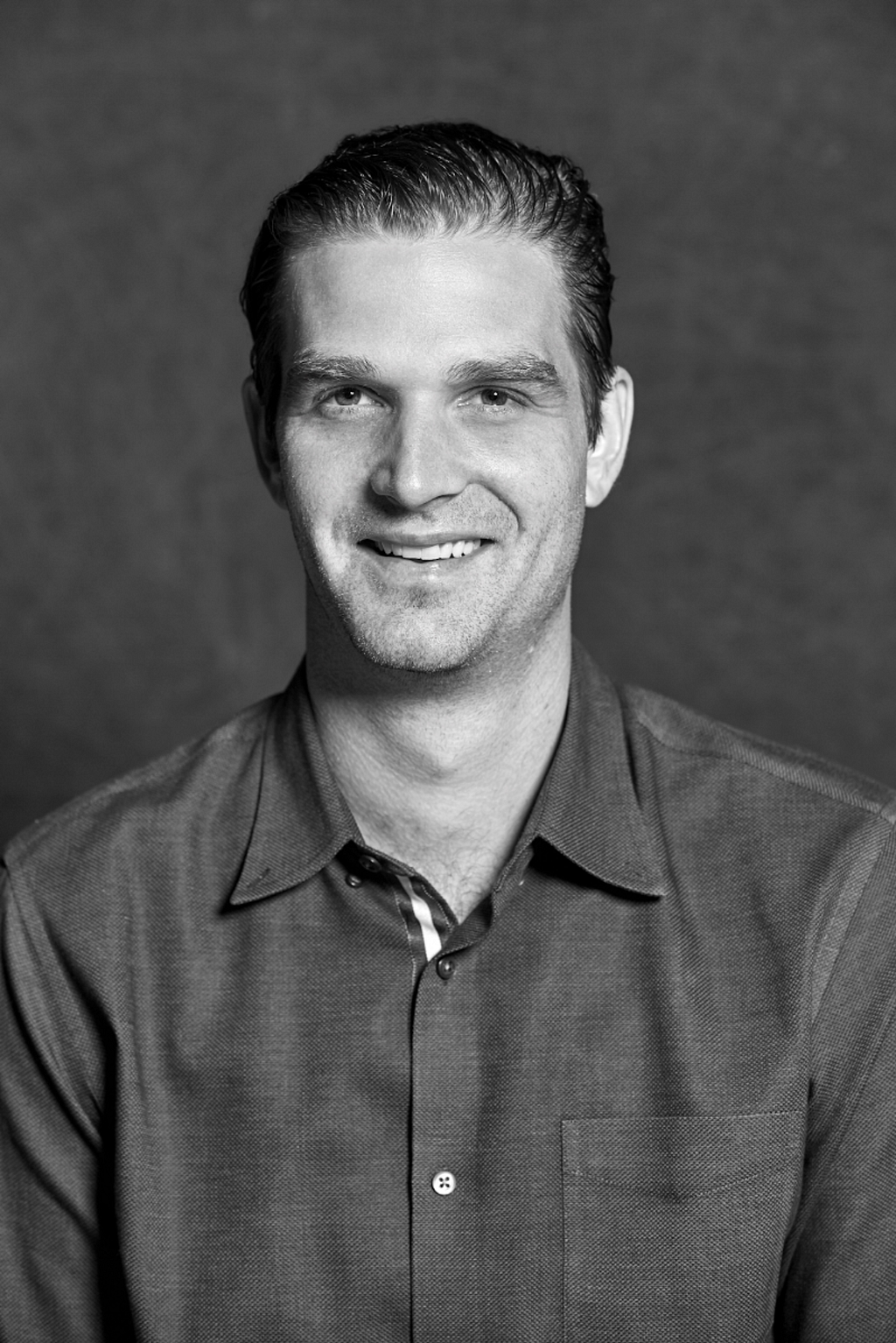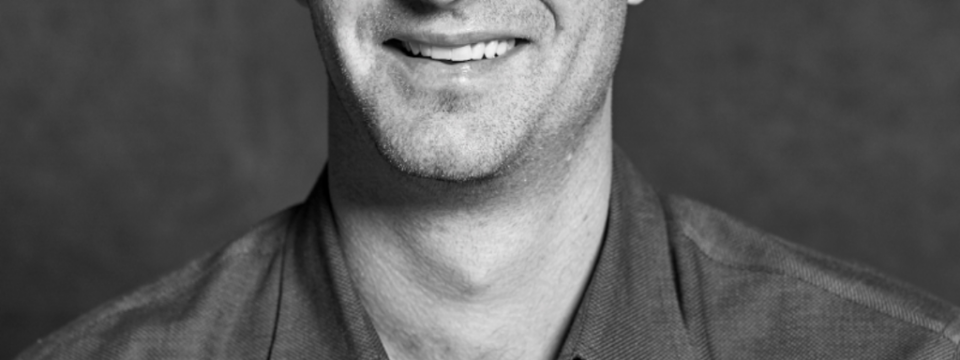Geoff Crain of Kingstar Media: 5 Things We Can Do To Make Social Media and The Internet A Kinder And More Tolerant Place

I have been publicly shamed when I was younger. It made me feel extremely alone and unwanted. It put me into a dark hole that was difficult to escape from. The experience taught me to be sure to consider people’s feelings first and foremost no matter what the encounter or situation is.
I had the pleasure of interviewing Geoff Crain, the Digital Director at Kingstar Media. He has been in the digital industry for 8 years. Geoff received a business degree from St. Francis Xavier University. He is a high volume digital media buyer on Facebook and Google. In his spare time, he likes to play golf and cheer for the Toronto Maple Leafs.
Kingstar Direct is one of North America’s leading performance-driven video production companies. Founded by Ed Crain nearly 20 years ago, Kingstar is a video production and marketing agency that anticipates and responds to industry shifts and continually provides true, measurable value to clients. Lending his extensive experience in direct marketing and television production and responding to the new ways in which consumers interact and connect, Crain is driving the agency into the new world of surround sound marketing via Kingstar Media: helping clients communicate across all channels with one voice. Whether building brands, selling direct to consumers, or using direct response as a way to drive web traffic or retail sales, Kingstar has redefined direct response and how it can drive marketing strategy.
Can you share the most interesting story that happened to you since you started your career?
The most interesting story occurred while I was working for a family company. I had a great setup and was comfortable in my position. One day I received a message on LinkedIn about a job opportunity. The role and compensation seemed too good to be true. I went for the interview and got the job that night, everything checked out. It changed my career and put me on a path that lead me toward my own business.
Can you share a story about the funniest mistake you made when you were first starting? Can you tell us what lesson you learned from that?
The standard reply all mistake. It was personal response to the HR manager and very embarrassing. I learned to thoroughly check email recipients before sending any emails. Being careful avoids a lot of embarrassing encounters with co-workers following such an ignominious gaffe.
Are you working on any exciting new projects now? How do you think that will help people?
I am working on a new product that will help restore confidence for men. It is a simple solution that will allow men to feel more sure of their appearance. But I can’t go into details until the campaign is ready to begin.
Ok, thank you for that. Let’s now jump to the main focus of our interview. Have you ever been publicly shamed or embarrassed on social media? Can you share with our readers what that experience felt like?
I have been publicly shamed when I was younger. It made me feel extremely alone and unwanted. It put me into a dark hole that was difficult to escape from. The experience taught me to be sure to consider people’s feelings first and foremost no matter what the encounter or situation is.
What did you do to shake off that negative feeling?
It was a big negative for me to put aside at that age. Of course, I spoke with my parents and got reassurance and support from them. It also taught me to more appreciate the positives in life in both work and home situations and not to place too much emphasis on runaway criticism. That’s a good lesson from someone who works in the social media realm where critics are a dime a dozen and often not terribly informed.
Have you ever posted a comment on social media that you regretted because you felt it was too harsh or mean?
Yes, it’s the nature of social media that we’re inclined to post harsh comments from time to time. The trick is to learn to control your emotions and not post something that you’ll regret later — either because it’s not flattering to you or a detriment to your company’s reputation.
Can you describe the evolution of your decisions? Why did you initially write the comment, and why did you eventually regret it?
The initial comment came from anger. I had a bad day and was not in a good space. My comment was uncharacteristic and I regretted it deeply. It’s important to consider how you want to portray yourself and your colleagues on social media and any other media for that matter.
When one reads the comments on YouTube or Instagram, or the trending topics on Twitter, a great percentage of them are critical, harsh, and hurtful. The people writing the comments may feel like they are simply tapping buttons on a keyboard, but to the one on the receiving end of the comment, it is very different. This may be intuitive, but I feel that it will be instructive to spell it out. Can you help illustrate to our readers what the recipient of a public online critique might be feeling?
Think of the look of the person behind the screen — Their face red with embarrassment and tears coming down their eyes. They may be going through a tough time as it is and the comment just sent them further down the spiral. Even if you disagree with a comment made on social media, consider if you should respond and, if you do, choose language that is respectful above all else.
Do you think a verbal online attacks feels worse or less than a verbal argument in “real life”? How are the two different?
I think verbal attacks feel worse in real life because you see the emotions of the other person quite clearly on their face. However, online, people are a lot harsher because they are not scared to say anything they want. They may feel freer to use hurtful language because they can’t see the resulting anger and sadness on the other person’s face.
What long term effects can happen to someone who was shamed online?
Depression or suicide. This dire scenarios are more likely if a person engages in social media all the time and constantly gets attacked or criticized. This can result in a deterioration of self esteem that’s just as harmful if the person was getting attacked in person, such as in a school bully situation.
Many people who troll others online, or who leave harsh comments, can likely be kind and sweet people in “real life”. These people would likely never publicly shout at someone in a room filled with 100 people. Yet, on social media, when you embarrass someone, you are doing it in front of thousands of even millions of people, and it is out there forever. Can you give 3 or 4 reasons why social media tends to bring out the worst in people; why people are meaner online than they are in person?
- They have deep issues that they bottle up
- There is no slurred speech or stutters online. People feel confident when they type.
- They do not have to hear a rebuttal.
- There is no moderator or person to answer to.
If you had the power to influence thousands of people about how to best comment and interact online, what would you suggest to them? What are your “5 things we should each do to help make social media and the internet, a kinder and more tolerant place”? Can you give a story or an example for each?
- Don’t say anything you wouldn’t say to that person live. I’ve often taken the time to imagine talking to the person face to face before I press send or post on an online communication. This pause allows me to think twice that what I’m about to write conveys the true meaning of what I want to say.
- Don’t use derogatory words. Ugly and swear words look awful in any type of conversation that is somehow recorded. It’s one thing to swear at someone or call him/her a name in person, but think of how that slur will look and represent you if it lives online forever.
- If you want to be critical, find a way to be constructive. Think carefully how you can change the behavior of the person you are dealing with, if you’re not pleased with it. Sometimes, gently offering a suggestion will work wonders.
- Say less and do more. You can use social media to offer advice, provide someone comfort or companionship, or even make a donation to a cause. So, consider doing more positive things when on social media and think about curtailing excessive amounts of banal conversation.
- Support instead of putting down. Most people online are looking for acceptance, to become part of a team or cause or to join a group. So spend more social media time building bridges instead of knocking down alignments.
Freedom of speech prohibits censorship in the public square. Do you think that applies to social media? Do American citizens have a right to say whatever they want within the confines of a social media platform owned by a private enterprise?
No, they do not, when it comes to telling dangerous lies or inciting harm or violence on others. A good example relates to the current Coronavirus pandemic. People do not have legal carte blanche to spread false information about the disease that can lead to others suffering and dying. With the example of the 2020 Presidential election, you cannot blatantly entice or recruit others who agree with you politically to harm the candidate that you want to lose the election. Such activities are criminal and do not fall under freedom of speech.
If you had full control over Facebook or Twitter, which specific changes would you make to limit harmful or hurtful attacks?
Remove people who are consistent negative trolls. There is a certain subset of individuals who spend great blocks of time feeding into negativity of some social media posts. It becomes a sort of job for these individuals and there’s nothing positive about their activity. For the continued health and future of social media, something should be done to stop them.
Can you please give us your favorite “Life Lesson Quote”? Can you share how that was relevant to you in your life?
Luck is the combination of preparation and opportunity. It is relevant to me because it makes me trust in the process and work hard every day so I am ready for all opportunities.
We are blessed that some of the biggest names in Business, VC funding, Sports, and Entertainment read this column. Is there a person in the world, or in the US with whom you would love to have a private breakfast or lunch with, and why? He or she might just see this if we tag them 🙂
I would love to have breakfast with Tiger Woods. I want to understand how he remained so consistent with his work ethic. He has had so many distractions, many of his own doing, and he appears to be motivated to continue his everyday life, both personal and professional.
How can our readers follow you on social media?
Gcrain87 on Instagram
Thank you so much for these insights! This was so inspiring!
Geoff Crain of Kingstar Media: 5 Things We Can Do To Make Social Media and The Internet A Kinder… was originally published in Authority Magazine on Medium, where people are continuing the conversation by highlighting and responding to this story.
